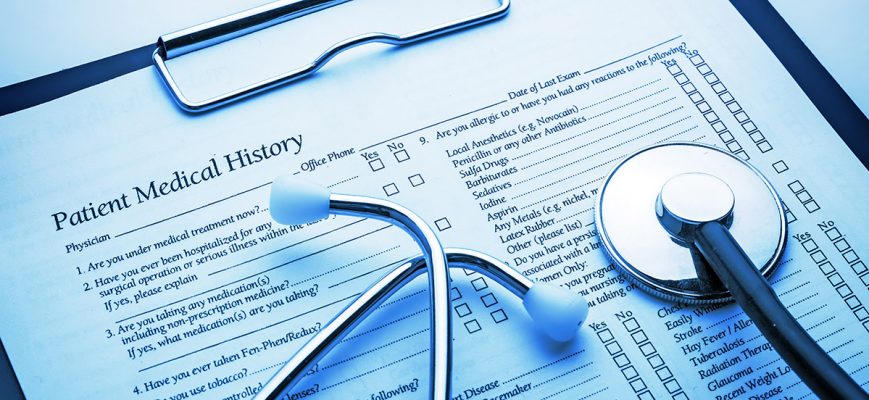A professional translator is vital
Selecting a translation agency to translate your documentation is always a tough call. When the text you need translated is a medical translation; that is to say, related in any way to the medical, pharmaceutical or healthcare sectors — it becomes doubly difficult.
Translation for the medical field is highly specialised. There is a slew of stringent regulatory guidelines governing all aspects — including clarity of communications, legal terminology, and instructions for use — which makes it quite hard to find translators with the necessary experience, qualifications, and background to handle your translation projects.
That notwithstanding, many medical professionals do successfully engage the services of medical translators to translate documents ranging from healthcare, medical devices, marketing, clinical, regulatory, patient records, prescriptions, and technical documentation.
Medical texts are a vital link in the communication chain between healthcare givers and their patients; and between regulatory bodies and local health centres. Especially when documents presented by one party cannot be read or understood by the other due to the difference in language. Hence the need to translate these files.
Specific requirements for medical translation
Qualifications
Firstly, check out their qualifications. Well, this one is quite obvious, right? But, it is worth repeating. Does the translator have any medical qualifications? Is the translator a specialist or a general practitioner?
Now, answering these questions helps you pick out the linguist that best fits your need. For instance, you should start by looking at translators that have a medical background; ideally, a degree in medicine.
Then, drill down to a specific specialty. Let’s say your document is about Oncology. From your list of select medical translators, look for those specialised in Oncology. This way, you ensure you use a translator with not only the necessary the experience, but also who is familiar with the appropriate technical terms and terminology to produce a precise translated work.
Certifications
It’s also essential to ask about their certifications. What quality assurance certifications do they have? ISO 9001, EN 15038, and ISO 13485 are some of the translation standards that specialist translators should comply with.
Experience
Be sure the translator has a solid grasp of ethical issues, and is knowledgeable in anatomy and physiology. A deep understanding of medical terms and their meaning will also help. In addition, the medical translator you finally hire should have access to appropriate reference materials in both languages.
Professionalism
All translators should be proficient in both languages, and a native speaker of the target language (ie. the language they are translating into). They should exhibit top-notch copywriting skills; this way, the cultural tone and nuances of the source are not lost in translation.
Finally, if you decide to work with a translation agency, be sure to ask about their process. For example, many agencies use computer-assisted translation (CAT tools) in their translation process, while there are some that rely solely on manual efforts. Using a CAT tools and a Translation Memory is usually faster, as well as ensuring greater accuracy and fluency.
So, there you have it — everything you need to know before hiring a medical translator for your translation project.

